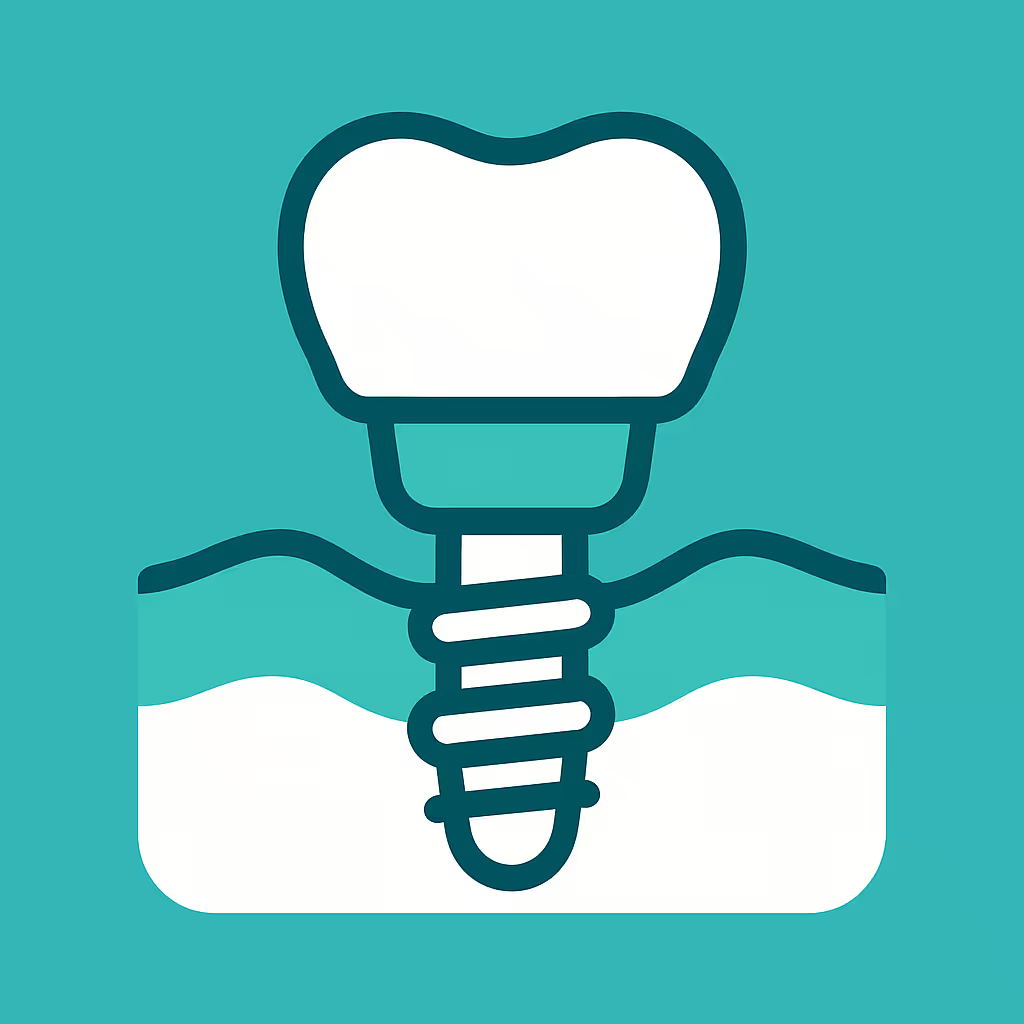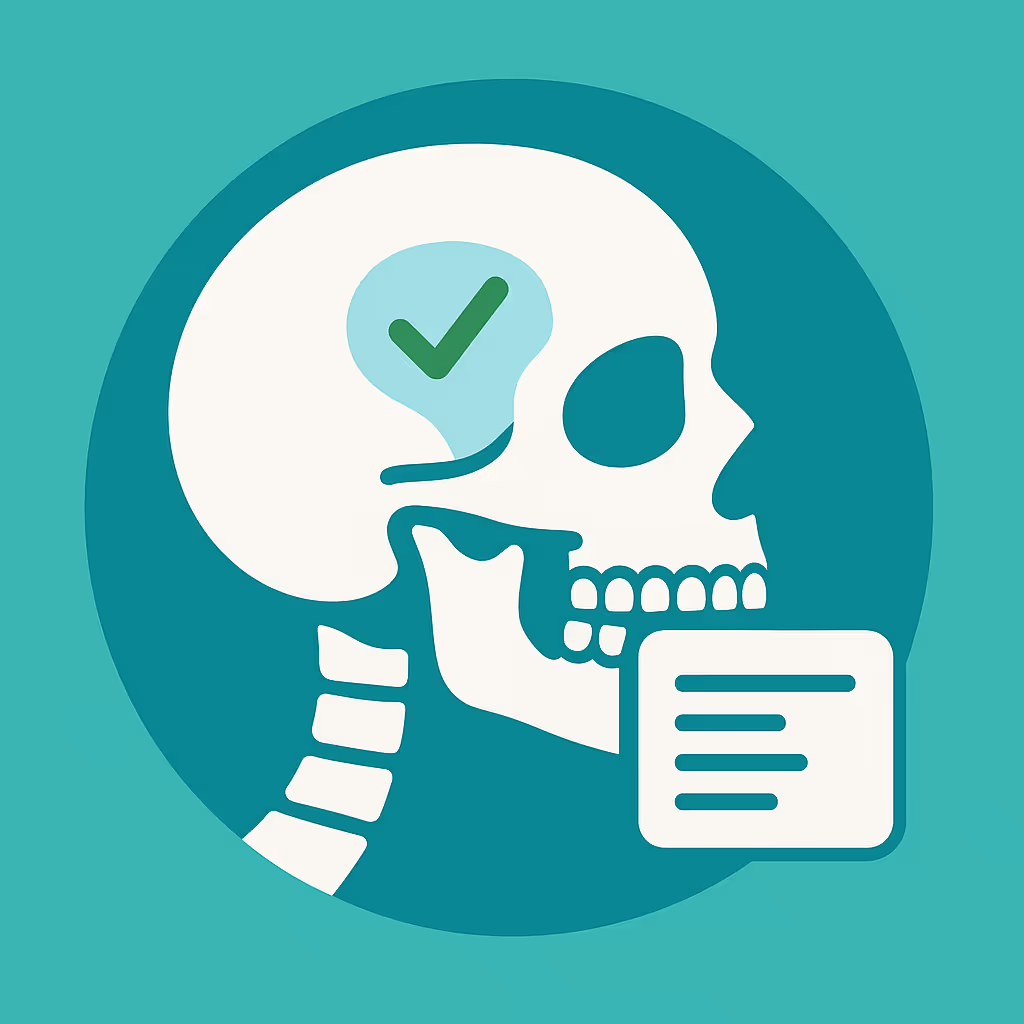Understanding Dental Code D0180
When to Use D0180 dental code
The D0180 dental code is designated for a comprehensive periodontal evaluation—an essential service for patients with signs or history of periodontal disease. Unlike a routine comprehensive oral evaluation (such as D0150), D0180 is specifically used when a patient presents with periodontal concerns, such as bleeding gums, bone loss, or a history of periodontal treatment. This code is appropriate for both new and established patients when a thorough periodontal assessment is clinically warranted. Using D0180 correctly ensures accurate documentation and supports optimal patient care, while also aligning with insurance requirements.
Documentation and Clinical Scenarios
Proper documentation is critical when billing D0180. The evaluation must include a detailed periodontal charting—recording probing depths, recession, mobility, furcation involvement, and bleeding points. Radiographs and a comprehensive review of medical and dental histories are also necessary. Clinical scenarios where D0180 is appropriate include:
- Patients with a history of periodontal disease or previous periodontal therapy
- Patients exhibiting clinical signs of periodontal disease (e.g., pocketing, inflammation, or bone loss)
- New patients referred specifically for periodontal evaluation
Ensure that the clinical notes clearly justify the use of D0180 by describing the periodontal findings and the rationale for a comprehensive assessment. This level of detail not only supports claim approval but also protects your practice in the event of an audit.
Insurance Billing Tips
Billing D0180 successfully requires attention to payer policies and documentation standards. Here are best practices used by top-performing dental offices:
- Verify patient eligibility and benefits before the appointment. Many plans limit the frequency of comprehensive evaluations, so confirm if D0180 is covered and whether it can be billed in conjunction with other codes like D0120 (periodic oral evaluation).
- Submit thorough clinical documentation with your claim, including periodontal charting, radiographs, and narrative notes explaining the necessity of the evaluation.
- Review Explanation of Benefits (EOBs) promptly. If D0180 is denied, check for documentation errors or frequency limitations, and be prepared to submit a claim appeal with supporting clinical evidence.
- Educate your team on the differences between D0180 and other evaluation codes to prevent miscoding and ensure compliance.
Staying proactive with insurance verification and documentation can significantly reduce accounts receivable (AR) delays and improve reimbursement rates for periodontal services.
Example Case for D0180
Consider a 55-year-old patient with a history of scaling and root planing, presenting for a recall visit. During the exam, the hygienist notes bleeding on probing, 5-6 mm pockets, and radiographic evidence of bone loss. The dentist performs a comprehensive periodontal evaluation, including full-mouth probing, charting, and updated radiographs. In this scenario, D0180 is the appropriate code to document and bill for the visit. The claim should include detailed periodontal charting, radiographs, and a narrative explaining the patient’s periodontal history and current findings. This approach supports clinical best practices and maximizes the likelihood of insurance reimbursement.





